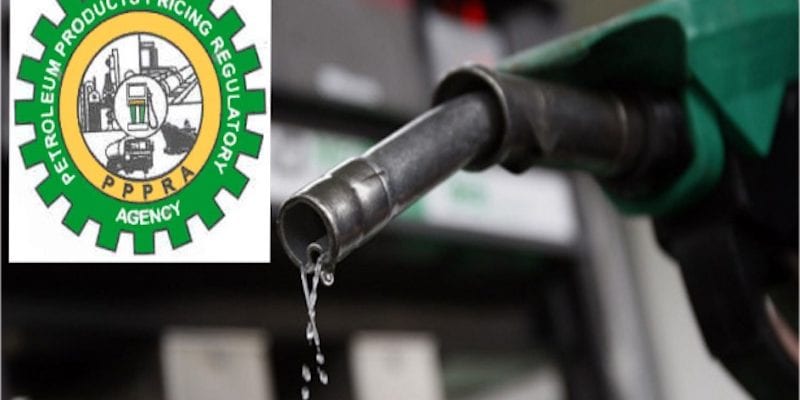President Muhammadu Buhari had granted approval to the Petroleum Products Pricing Regulatory Agency (PPPRA) to remove the price cap, otherwise known as subsidy, that was in place for premium motor spirit (petrol).
For its part, the PPPRA said: “From the commencement of these regulations, a market-based pricing regime for Premium Motor Saint (PMS) shall take effect. The agency shall monitor market trends and advise the Nigerian PPPRA and oil marketing companies on the monthly guiding market-based price.”
Nigeria had capped the pump price of gasoline, which is bought on the wholesale market on a dollar-denominated basis — at Naira 145/liter (40 cents/liter) since 2016. The government’s subsidy was the difference between the landing cost and the regulated pump price.
In March, the government cut the gasoline pump price 10% to Naira 130/liter and again to Naira 108/liter in May.
The PPPRA said at the time it had begun fuel price modulation in accordance with prevailing market dynamics and would respond appropriately to any further oil market development.
Nigeria, which typically consumes 1 million mt-1.25 million mt of gasoline per month, saw demand slump with the bulk of the country, including capital Lagos and the federal capital Abuja, in lockdown as a health measure since the end of March. Some restriction have been lifted pushing demand up marginally, though it remains low.
Nigeria imports almost all the gasoline it consumes due to low throughput rates at four state-owned refineries.
The government also recently granted approval to private marketers to import gasoline for domestic consumption at market prices in the country’s latest push to liberalize the sector and end subsidies.
NNPC has been Nigeria’s sole gasoline importer since private marketers stopped importing gasoline in the third quarter of 2017, in protest at the government’s refusal to settle about $2 billion in subsidy arrears related to gasoline imports and the continued regulation of domestic pump prices.

